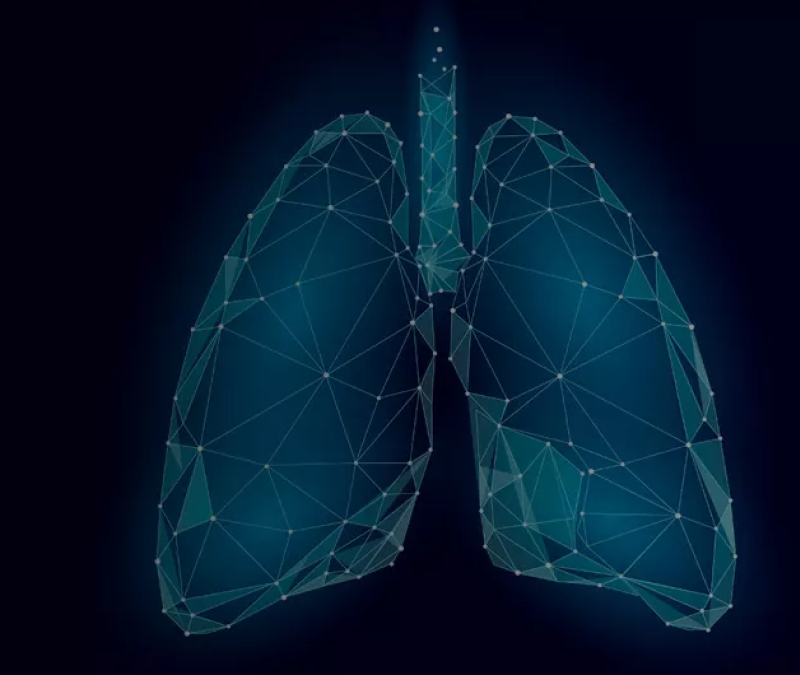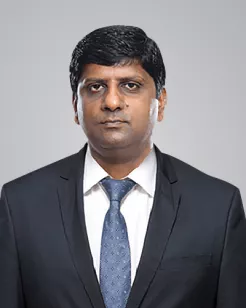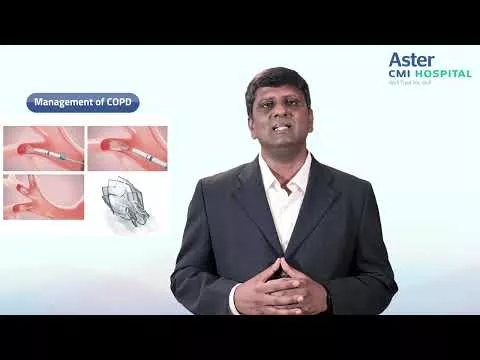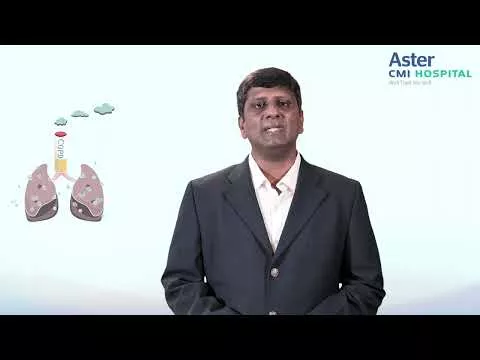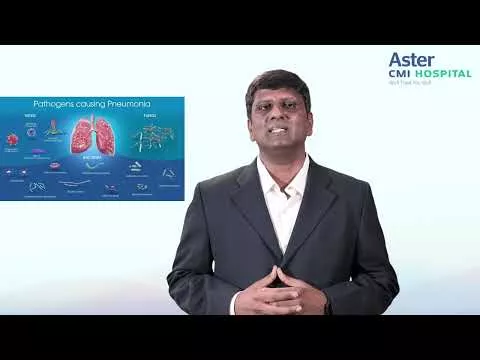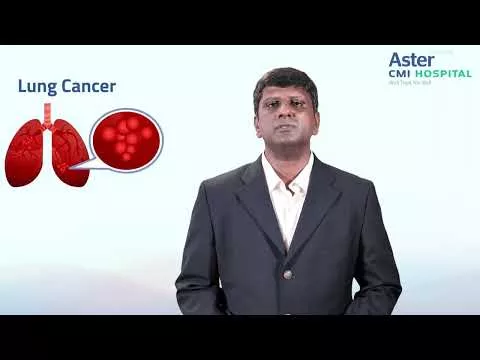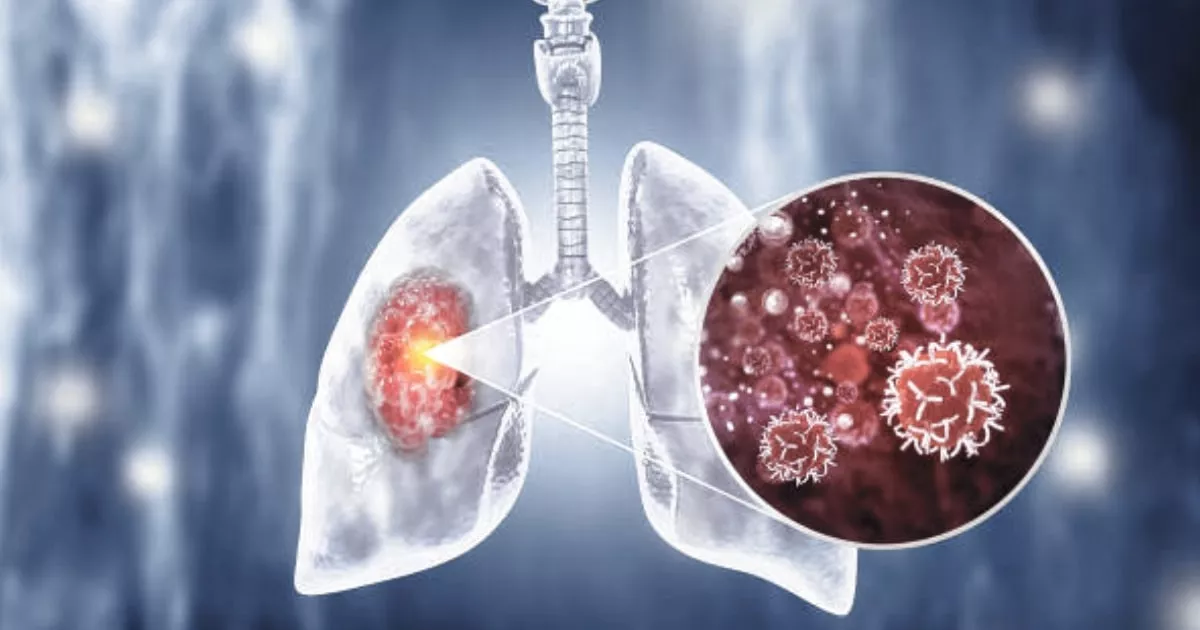The Department of Pulmonology at Aster CMI hospital is the state-of-the-art facility delivering advanced diagnostic and therapeutic solutions to a spate of respiratory and chest diseases. Our Pulmonologists are one of the most experienced and have a record of excellence in clinical Pulmonology and Critical Care, including speciality areas such as Interventional Pulmonology, which is not common in India. They use the most sophisticated techniques and technologies available to diagnose and treat patients with chest and respiratory problems. The complex pulmonary interventional procedures are routinely performed at Aster CMI hospital to treat patients with benign airway disorders, pleural diseases, Interstitial lung disease and lung cancer.
The Department is equipped with Endobronchial Ultrasound capable of finding and detecting abnormal lymph glands as well as Mediastinal tumours. It can be even performed under local anaesthesia and within hours nature and extent/staging of the tumour can be identified so that immediate treatment can be instituted. Patients with pleural effusions can seek a one-stop solution as the Medical Thoracoscopy which is done here is capable of diagnosing the pleural diseases and also helps the Pulmonologist break the thick pockets of empyema. Rigid Bronchoscopy helps the Pulmonologist treat life-threatening bleeding from the lung and also helps to provide the last hope for patients with advanced lung cancer in need for airway stenting and achieving an open airway. Prolonged air leak from the lung especially in those who were smokers or had other pathologies causing a leak in the lung can be managed endobronchial by insertion of tiny spigots under guidance into the appropriate airway which is leaking. The sleep lab at Aster CMI hospital provides expertise in diagnosis and management of sleep disorders such as obstructive sleep apnea, narcolepsy, restless leg syndrome, and insomnia.
Our Doctors
We have some of the best specialists from around the world, they bring years of experience and offer evidence-based treatment to ensure the best care for you.
FAQs
Want to find out more about the treatment? The answer to your questions can be found below.
What advancements or technologies are utilized by Pulmonologists?
Pulmonologists utilize various advanced technologies and methods, including bronchoscopy (visual examination of airways), thoracentesis (removing fluid from the space around the lungs), and advanced imaging techniques (CT scans, MRIs). They also use pulmonary function tests to assess lung function and utilize cutting-edge treatments, including targeted therapies for lung cancer and biologic drugs for asthma.
Patient Stories
Our patients are our best advocates, hear the inspiring stories of their treatment journey
Blogs
The source of trustworthy health and medical information. Through this section, we provide research-based health information, and all that is happening in Aster Hospital.

